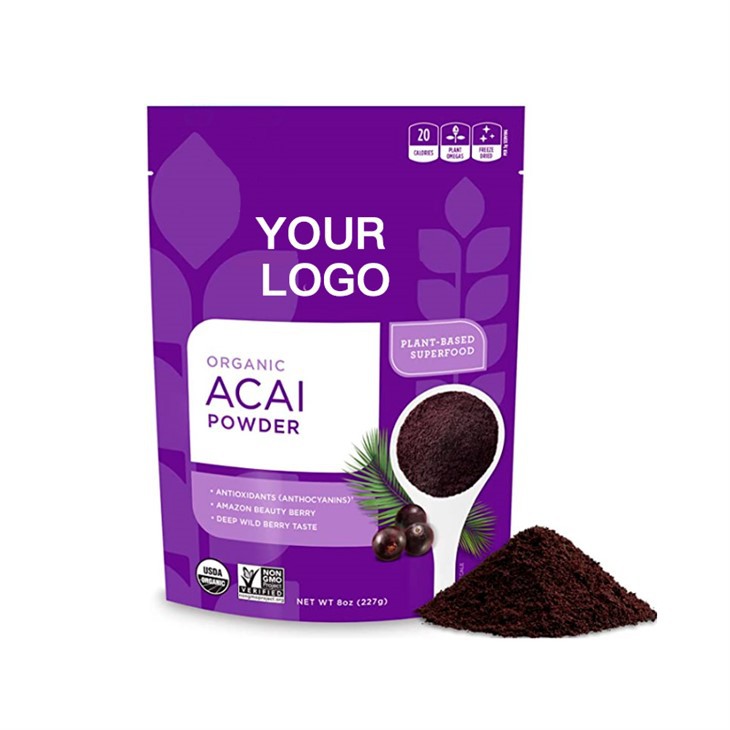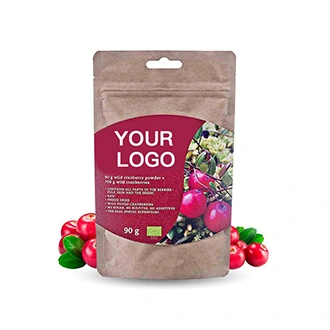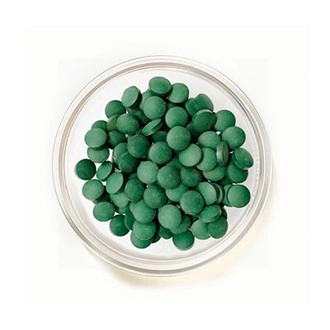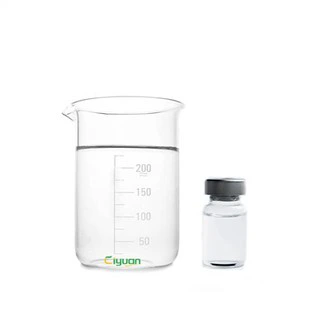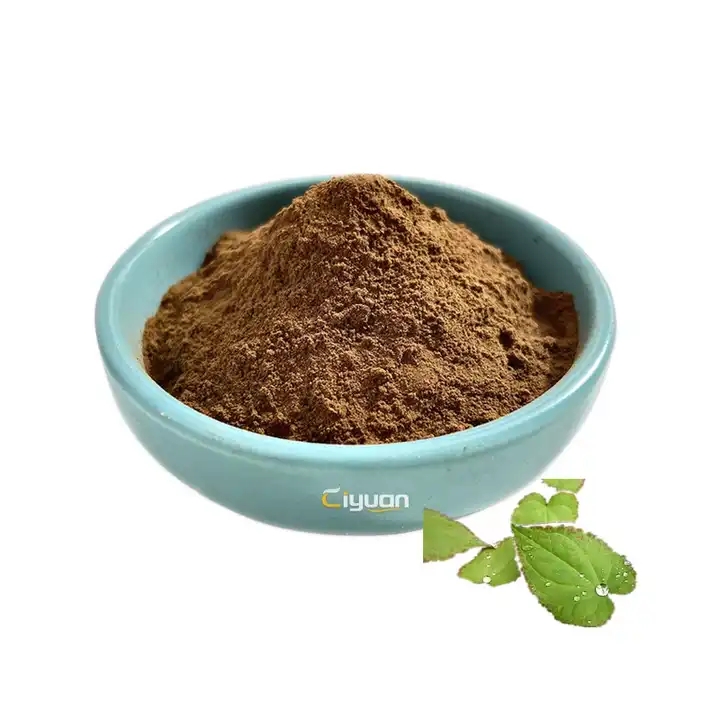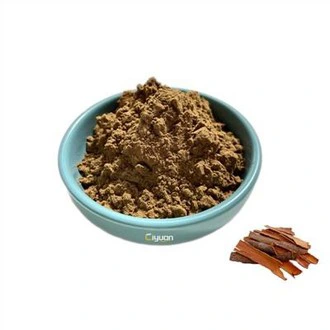What is D-panthenol

D-panthenol, also known as pantothenol, serves as the alcohol counterpart to pantothenic acid, which is Vitamin B5, making it a provitamin of B5. Upon introduction to organisms, it undergoes swift oxidation, converting into pantothenic acid. This compound presents as a viscous, clear liquid under normal room conditions. Panthenol finds application in pharmaceutical and cosmetic items for its moisturizing properties and its capacity to enhance the process of wound healing.
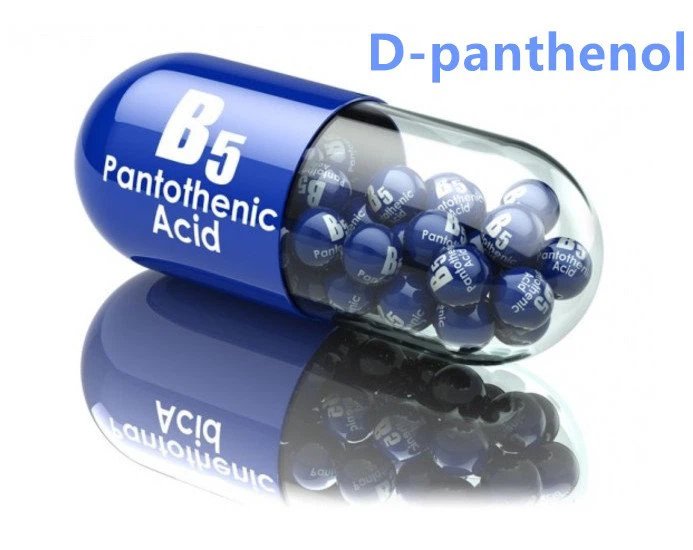
Quality Control COA

ITEMS | STANDARD | TEST RESULTS |
Assay | 98.0%~102.0% | 99.5% |
Physical & Chemical | ||
Appearance | Colorless or yellowish liquid | Complies |
Specific Rotation | +29.0~+31.5 | +30.6 |
Refractive Index | 1.495~1.502 | 1.499 |
Amino Propanol | ≤1.0% | 0.6% |
PH(5%) | ------ | 10.1 |
Loss on Drying | ≤1.0% | Complies |
Ash | ≤0.1% | Complies |
Heavy Metal | ||
Total Heavy Metal | ≤ 10.0ppm | Complies |
Pb | ≤0.2ppm | Complies |
As | ≤0.5ppm | Complies |
Cd | ≤0.2ppm | Complies |
Hg | ≤0.1ppm | Complies |
Microbiological Test | ||
Total Plate Count | ≤100cfu/g | Complies |
Yeast & Mold | ≤10cfu/g | Complies |
Coliform | Negative | Negative |
E.Coli | Negative | Negative |
Staph Aureus | Negative | Negative |
Have you decided to buy our products or learn more about them? You only need to leave a message on this website or selina@ciybio.com.cn to get free samples and more services!
Source

Panthenol Powder, also recognized as Provitamin B5, derives from diverse natural origins. The primary sources include:
Plant Origins:
Extracted from plant-based reservoirs like rice, wheat germ, and bran, these extracts contain pantothenic acid, subsequently transformed into panthenol through hydrolysis. This extraction from plants ensures its natural, sustainable origin.
Animal-Derived Sources:
Pantothenic acid found in animal products such as liver, eggs, and milk can be used to synthesize panthenol. However, synthetic and plant-based sources are more prevalent in commercial production due to their wider availability and suitability for various applications.
Fermentation Processes:
Fermentation serves as an alternate method to obtain panthenol. Beneficial bacteria or yeasts aid in producing pantothenic acid, which is then converted into panthenol. This approach ensures a sustainable and controlled production method.
Synthetic Creation:
In certain instances, laboratories synthesize panthenol. Synthetic versions possess identical chemical structures and properties to naturally sourced panthenol, offering a viable alternative for diverse applications.
Benefits

Humectant Abilities: Acting as a humectant, panthenol powder effectively attracts and retains moisture, ensuring the skin remains well-hydrated by locking in water molecules. This prevents dryness and sustains optimal skin moisture levels.
Emollient Characteristics: With its emollient properties, D-Panthenol works to moisturize and soften the skin. It soothes the skin's surface, promoting a smoother and more supple texture.
Protective Barrier: Beyond hydration, D-Panthenol functions as a protective shield against environmental stressors. It aids in safeguarding the skin from pollutants, UV rays, and other external irritants, bolstering the skin's defense mechanism.
Soothing Effects: Its moisturizing and protective qualities help alleviate skin irritation or redness caused by various stressors, contributing to a calming effect on the skin.
Application

1. Cosmetic and Personal Care Industry:
Dl panthenol powder is widely utilized in the cosmetic and personal care industry. It is a key ingredient in skincare products such as moisturizers, creams, lotions, and serums. Its moisturizing and soothing properties make it effective in hydrating the skin, reducing redness, and promoting overall skin health. It is also found in hair care products like shampoos, conditioners, and hair treatments, where it nourishes the hair, improves its strength, and enhances manageability.
2. Pharmaceutical Industry:
It plays a role in the pharmaceutical industry as well. It is used in certain topical ointments, creams, and wound-healing formulations. Its ability to promote cell regeneration and tissue repair makes it valuable in supporting the healing process of wounds, minor burns, and skin irritations.
3. Nutraceutical Industry:
It is also used in the nutraceutical industry, where it is incorporated into dietary supplements. These supplements are formulated to support overall well-being, including skin health, hair strength, and overall vitality. Its moisturizing and nourishing properties make it beneficial for maintaining healthy skin and hair from within.
4. Veterinary Industry:
D panthenol powder is utilized in veterinary formulations as well. It can be found in certain products designed to promote the health and condition of animals' skin and coats. Its moisturizing and soothing properties contribute to maintaining healthy skin and a shiny coat in pets and other animals.
5. Agricultural Industry:
D Panthenol Powder is also used in the agricultural industry as a plant growth regulator. It can enhance plant health, stimulate root development, and improve crop yield. It is applied as a foliar spray or incorporated into fertilizer formulations to support the growth and productivity of various crops.
Commercial Formula

Deeply Nourishing Face Cream
Formula ingredients:
D-panthenol: 2%
Jojoba Oil: 5%
Vitamin E: 1%
Hyaluronic Acid: 1%
Natural Plant Extract Complex: 3%
This formula can be used to produce a deeply nourishing face cream suitable for all skin types. It can be used as part of high-quality skin care products to provide comprehensive nourishment and protection to help improve skin texture and maintain a healthy and youthful appearance.
About US



Manufacture



Hot tags: D-panthenol,panthenol powder,dl panthenol powder,d panthenol powder,China, manufacturers, suppliers, quote, pure, factory, wholesale, best, price, buy, for sale, bulk, 100% pure, nature, high quality,factory supplier.

